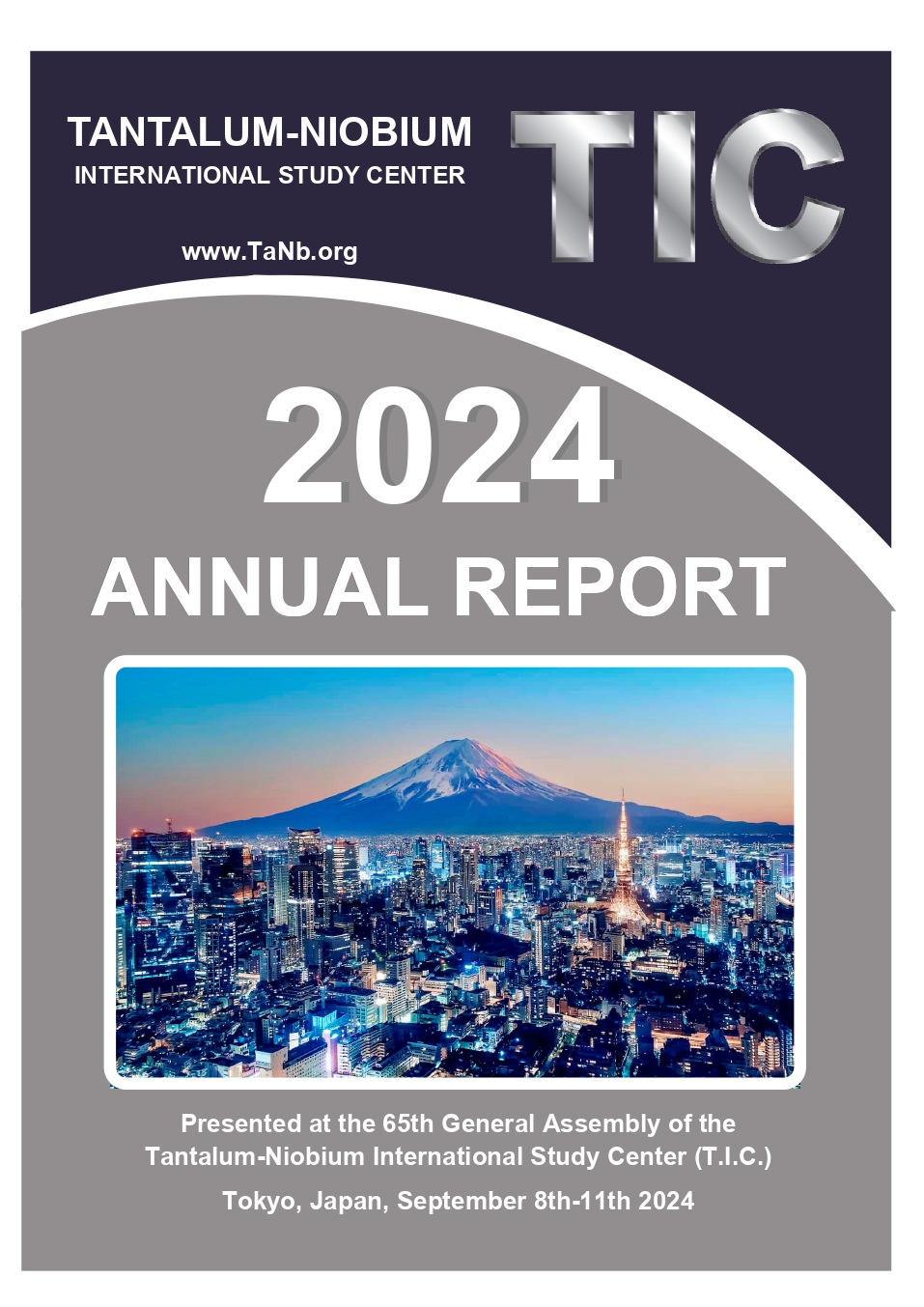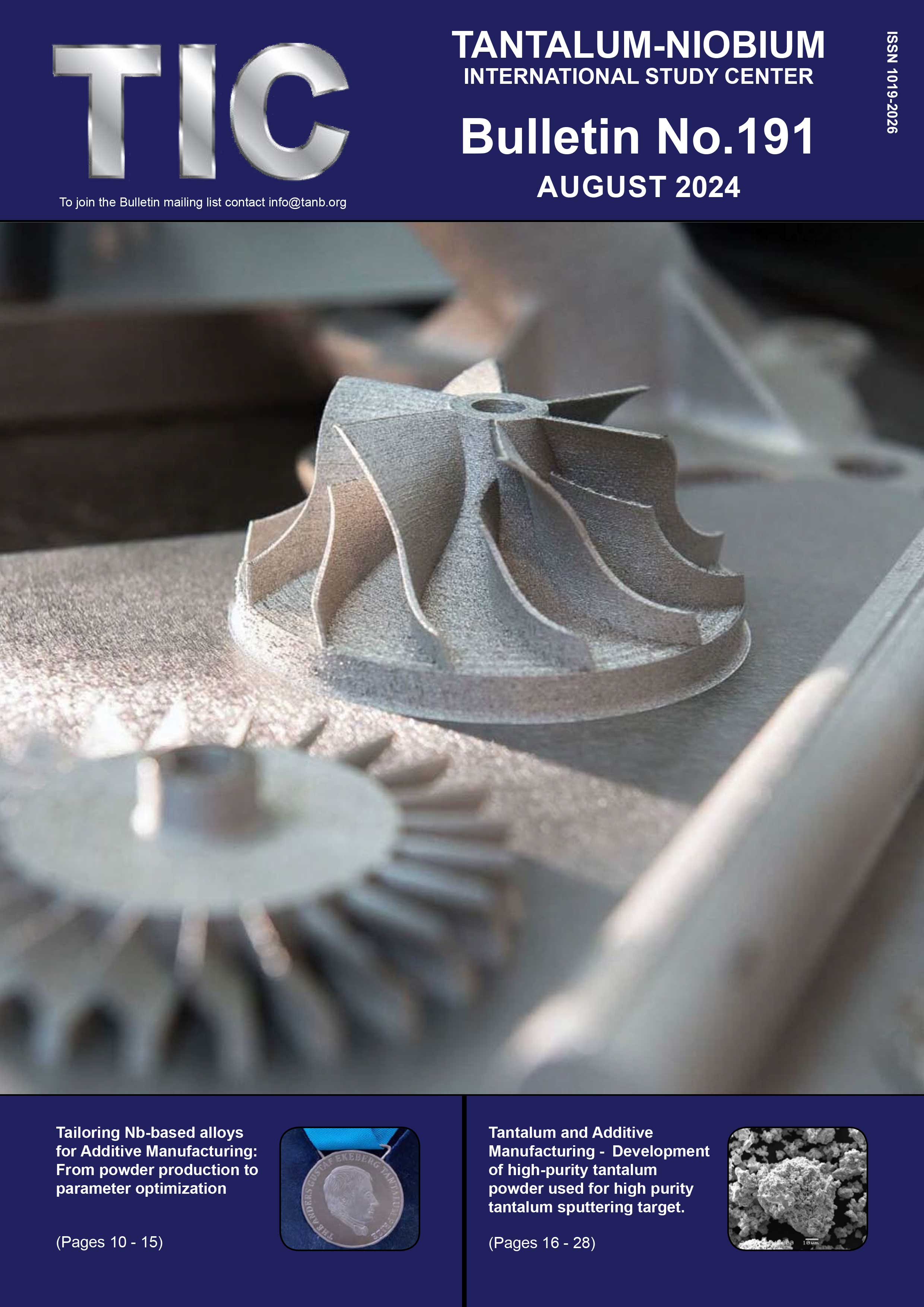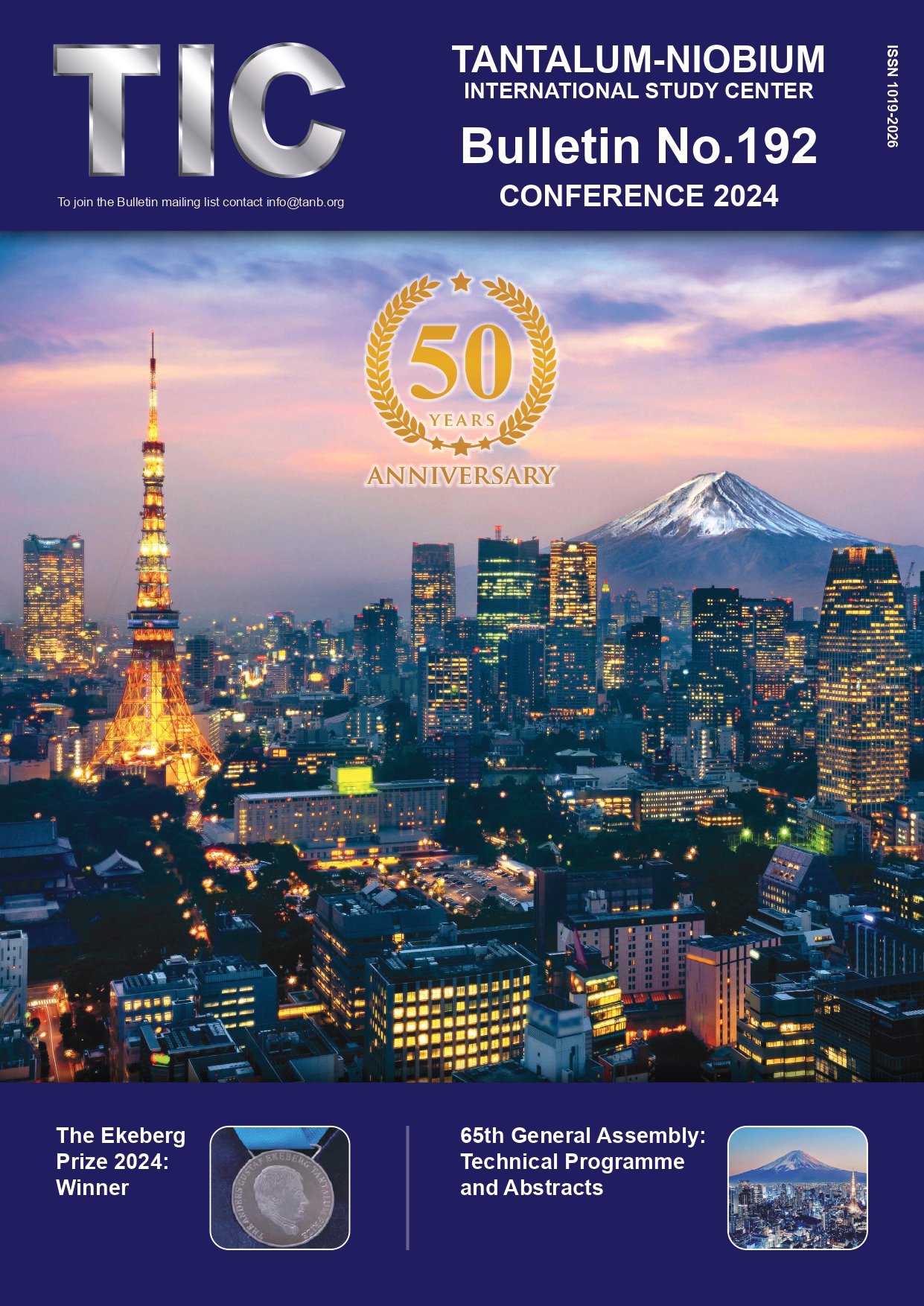Antitrust Compliance Policy
Purpose, Scope and Implementation
The T.I.C. is fully committed to ensuring that all of its activities are carried out in full compliance with all applicable antitrust legislation. Failure to comply with this Policy may result in the association and/or its members violating antitrust legislation and being subject to the imposition of substantial fines or even criminal penalties for individuals.
All T.I.C. employees, consultants and elected representatives of the T.I.C. are under an obligation to conduct all business dealings in accordance with any applicable antitrust legislation. The employees, T.I.C. consultants and elected representatives must sign a written undertaking to the effect that they have read and understood the Policy and that they agree to adhere to that Policy in the conduct of their business activities.
Members are to ensure that any of their employees involved in T.I.C. activities and all those carrying out activities within the association on behalf of members are fully informed about the T.I.C.’s Policy. Applicant members will be asked to sign a statement to the effect that they have read and understood the T.I.C.’s Policy and that they will adhere to that Policy if admitted.
T.I.C. activities. Information concerning the Policy will be available on the TIC’s web site. All meeting agendas will be sent in advance of the meeting, and they will contain a statement to the following effect: “This meeting will be conducted in full compliance with the T.I.C.’s Antitrust Compliance Policy”. All chairpersons will be required to remind group members of the contents of the T.I.C.’s Policy on a regular basis. Minutes of the meetings will be distributed to the participants within a reasonable time after the meetings.
Escalation of concerns. All employees, consultants and members and their representatives are required to report any possible breaches of the Policy. Generally all actual or potential breaches should immediately be reported to the T.I.C.’s legal counsel. The contact information is as follows:
Jones Day
Att. Luc Houben
4 Rue de la Regence
1000 Brussels
(email: lhouben@jonesday.com)
Basic Concepts of Antitrust Law
What is antitrust law? As an international organization, the activities of the T.I.C. may be subject to a variety of antitrust legislation. Most antitrust laws apply as long as the agreement or behavior concerned has effects within the country or region governed by those laws. Although the scope and content of antitrust legislation may vary from country to country generally speaking two types of behaviour will be affected. Firstly, anticompetitive agreements (so-called cartels) between competitors which, for example, seek to share markets, fix prices or otherwise affect competition. Secondly, situations where companies in a dominant position on a given market seek to behave in a way which constitutes an abuse of that position. The former types of practices are of particular relevance for the T.I.C.
What are cartel agreements? Where employees of different companies ‘enter into agreements’ or any other form of understanding that may ‘affect competition’ on the market these agreements potentially infringe antitrust law. Under some antitrust legislation it is not even necessary for the agreement to have an actual negative effect on competition.
The form of the agreement entered into is not relevant. Even unwritten agreements may be considered illegal. For example, the existence of an anti-competitive agreement may be inferred from surrounding circumstances. The key criterion for the application of antitrust law is that the agreement has either the aim of affecting competition or has that effect.
Types of anti-competitive agreements:
· Price-Fixing: A price fixing agreement between (potential) competitors whether verbal or in writing, is prohibited. The prohibition covers direct and indirect price fixing such as agreements on sur-charges on rebates, discounts, incoterms, etc.
· Market Sharing: Agreements between (potential) competitors involving the allocation or sharing of markets are also prohibited. This may for example cover agreements allocating specific customer segments, territories or product types.
· Quantity-Fixing: An agreement between competitors whereby they agree on quantities or volumes to be produced, sold, transported or otherwise placed on the market is prohibited.
· Information exchange: More recently antitrust enforcers have considered that the mere exchange of competitively sensitive information between competitors can amount to a cartel. This covers information on prices, quantities, markets and commercial strategies. This is the case even if the information to be exchanged could be obtained elsewhere, for example, an exchange of information relating to tariffs. Within the context of the activities of the T.I.C. it is not permitted to disclose business information which a company would normally regard as confidential.
Managing meetings, conference calls and other T.I.C. activities. Whenever a T.I.C. employee or a person chairing a T.I.C. meeting or activity identifies a potential risk he or she shall be entitled to suspend the meeting and request that participants do not engage in the potentially harmful conversation or exchange.
Document creation & storage. When writing/composing/editing any document, for example, an email, a memo, a set of guidelines, the following advice applies:
· Pay specific attention to the language used. This is particularly important when sending emails. The casual feel of such correspondence often gives rise to ill-considered statements. Before sending an email consider whether you would object to your boss or a regulatory or antitrust authority reading it. If you would, do not send it;
· Seek legal advice as to the document’s contents should the document have actual or possible antitrust implications;
· Retain a master copy or version of the authoritative document for as long as needed to meet legal or other requirements;
· Pursuant to applicable legislation there may be a legal requirement to keep certain documents for certain periods. All documents are to be retained for at least the minimum period specified in that legislation.
· If there is a prospect of litigation or investigation by a regulatory or antitrust body all document destruction is to be suspended immediately. This requirement applies to all records or documents relating to the matter in question however unimportant or irrelevant they may appear to be.
What should be done in the event of an investigation? Under most antitrust laws, authorities have the power to request information and to inspect the premises of a company. The T.I.C. will assist authorities in the conduct of any investigation. However difficulties may arise should employees or representatives or members take it upon themselves to respond to requests for information from such authorities without first obtaining legal advice. Such persons may not have a complete overview of all the relevant information in the area concerned. Moreover, certain documents may be privileged or confidential.
Should a T.I.C. consultant or a member receive a request for information, of if there are any specific questions regarding antitrust issues relating to the T.I.C., we encourage these parties to contact T.I.C.’s legal counsel.





